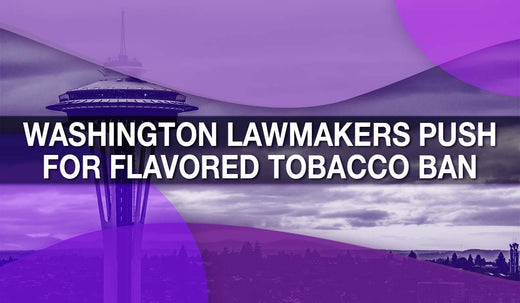
Washington Lawmakers Push for Flavored Tobacco Ban
Democratic lawmakers in Washington State, with the backing of State Superintendent Chris Reykdal, have introduced legislation to ban flavored tobacco products. The proposed ban would apply to flavored e-cigarettes, menthol cigarettes, and nicotine pouches such as Zyn, along with “entertainment vapor products” that incorporate video games or music. If enacted, the ban would go into effect on January 1, 2026.
The Proposal and Its Rationale
State Representative Kristine Reeves (D-Federal Way) and State Senator T’wina Nobles (D-University Place) are leading the legislative charge. Reeves, a mother of two, cited personal motivations for supporting the ban, including her mother’s lifelong struggle with menthol cigarette addiction, which ultimately led to her death from lung cancer.
The proposed law includes signage requirements for retailers and a statewide Department of Health campaign to educate the public on the “risks” of flavored tobacco products.
Flavored Products and Youth Tobacco Use
Flavored e-cigarettes have been widely cited as a driver of youth vaping even after CDC data has shown a 70% decrease in youth use over the past 5 years.
Critics Warn of Potential Consequences
While the ban is intended to improve public health, critics argue it could have the opposite effect. Tony Abboud, Executive Director of the Vapor Technology Association, contends that banning flavored products will harm public health by driving adult vapers—many of whom use e-cigarettes to quit smoking—back to traditional cigarettes.
This concern is supported by recent research. A Yale study found that flavor bans increase cigarette use among young adults. Specifically, flavor restrictions were shown to raise daily smoking rates by 2.2 percentage points while reducing daily vaping by 3.6 percentage points. The study highlights the risk that bans on flavored e-cigarettes may unintentionally reverse the progress made in reducing smoking-related harm.

Economic Implications
Critics also warn of the economic impact. Washington could lose millions in tax revenue if flavored tobacco sales are banned. Local retailers, many of whom rely on flavored tobacco products for a significant portion of their business, may be disproportionately affected, leading to job losses and financial strain on small businesses.
A Controversial History
This is not the first time Washington has considered regulating flavored tobacco. In 2019, Governor Jay Inslee temporarily banned flavored vapor products following a national outbreak of lung injuries linked to illicit THC vaping products, not legally sold e-cigarettes. Despite the temporary ban, evidence later revealed that the injuries were caused by black-market products containing vitamin E acetate, not nicotine-based e-cigarettes.
Opponents of the current ban argue that prohibitions often push consumers to the black market, where products are unregulated and potentially dangerous.
The Bigger Picture
If Washington passes this legislation, it would join six other states—including California, Massachusetts, and New York—that have already implemented varying degrees of flavored tobacco bans. However, the effectiveness of such bans remains hotly debated.
Proponents emphasize the need to protect youth, while critics question whether flavor bans are the best approach. With youth tobacco use at record lows and evidence suggesting that flavor bans may increase smoking rates, some argue that public health efforts should focus on harm reduction rather than prohibition.
Conclusion
Washington’s proposed flavored tobacco ban raises important questions about the balance between protecting youth and preserving harm reduction tools for adults. While the goal of reducing youth nicotine use is laudable, policymakers must carefully weigh the consequences of prohibition.
As research like the Yale study indicates, removing flavored vaping options could lead to higher smoking rates among adults, undermining decades of progress in reducing smoking-related harm. A nuanced approach that prioritizes education, enforcement, and harm reduction may prove more effective in achieving the shared goal of protecting public health.
Get Involved
HB 1203 and its companion in the Senate, SB 5183, would ban sales of nicotine and tobacco products in flavors other than tobacco — even if they’ve been authorized by FDA. This means that several products sold in mint, menthol, or wintergreen would be summarily banned without any scientific review by the legislature or state health department.
These bills have been prefiled and are not currently scheduled for a hearing. CASAA will update this call to action as more information becomes available.
Advocates in Washington are encouraged to take this opportunity to send a message to your state lawmakers urging them to oppose HB 1203/SB 5183 and any other legislation that would severely restrict your access to safer nicotine products. Washington’s legislative session begins on Monday, January 13, 2025.
Click here to fill out the CASAA call to action.



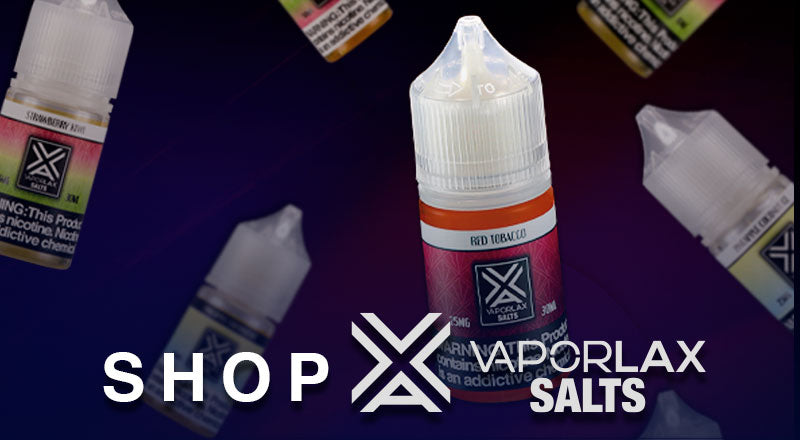
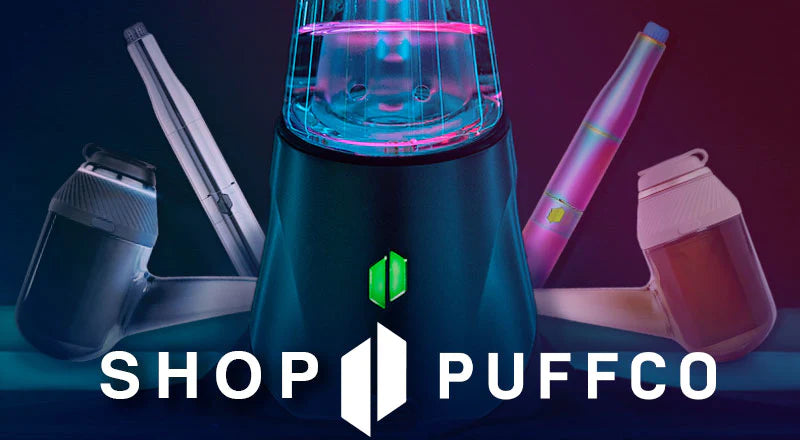
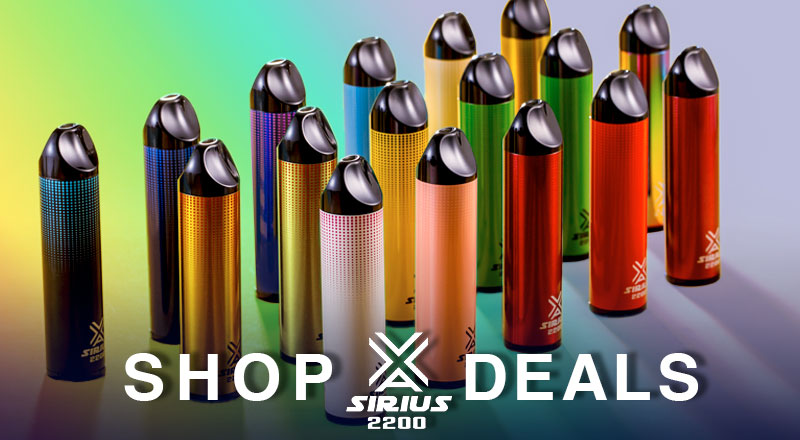




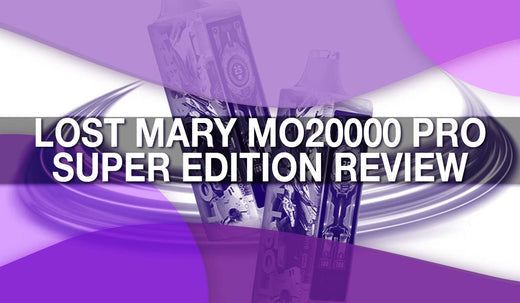
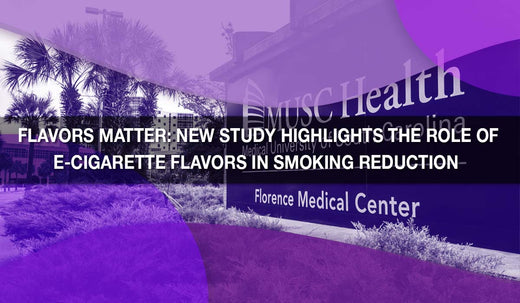
Leave a comment
This site is protected by hCaptcha and the hCaptcha Privacy Policy and Terms of Service apply.